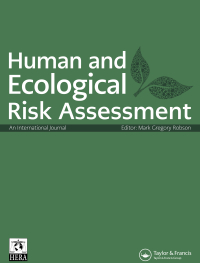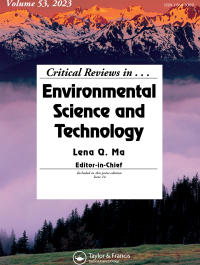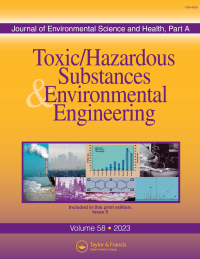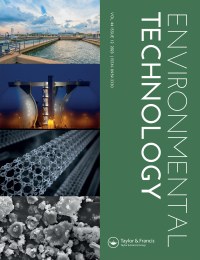

Topic Area Focus: Environmental Toxicology
Environmental toxicology is a multidisciplinary field of science concerned with the study of the harmful effects of various chemical, biological and physical agents on living organisms. Ecotoxicology is a subdiscipline of environmental toxicology concerned with studying the harmful effects of toxicants at the population and ecosystem levels.

Biological Research Collections Preserve Environmental Health Indicators

Developing Host-Microbiome Measurement Systems is Fundamental for Resiliency

Chronicling Endocrine Disruption Scientists’ Contributions Essential to Scholarship & Society

Artificial Intelligence Systems Key to Identifying Invertebrate Phenotypic Diversity
Ensuring High-Quality Research Output
All submitted manuscripts will undergo desk assessment and peer-review as part of Taylor & Francis' standard editorial processes and procedures. Please review the journal's Aims and Scope and author submission instructions prior to submitting a manuscript.
 China
China
